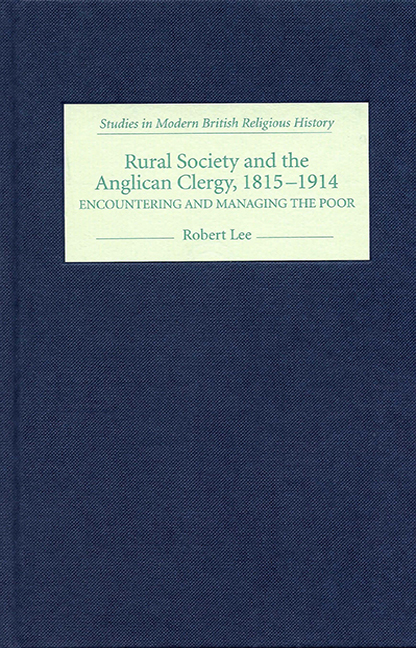Summary
On Christmas Eve, 1869, the Rev. William Allen of Shouldham hurried through the village to his parish church, anxious to ring the Christmas bells and to maintain a tradition that he had kept in each of the preceding years of his ministry. When he reached the church, however, he found the door to the bell chamber securely locked against him. As Allen knew only too well, this was the work of the parish's unofficial sexton, Mr Malby. Determined and resourceful, the clergyman fetched ladders and climbed into the belfry through the trapdoor in its floor. Now the traditional Christmas peal could be rung, but not before Allen had descended the tower stairs and bolted the door from the inside, so that the rogue sexton was, in his turn, locked out.
Whether, as he scrambled through the belfry trapdoor, William Allen paused to reflect on how things had come to such a pass we cannot, of course, know, but the kind of tensions on display here were becoming familiar enough in the second half of the nineteenth century. Mr Malby, the ‘parish’ sexton, and his rival Mr Towler, the ‘vicar's sexton’ – who competed vigorously with each other to lead the singing in church, to toll the bell and to dig graves – were the front men in a village power struggle that centred on access to vestry meetings for working people, control of the managing board of the National School, and public scrutiny of the accounts and administration records of local charities.
Allen was not even being treated with a unique degree of disrespect. Within a few years of the Shouldham incident, the rector of South Lopham returned home late one night and knocked his head against an effigy of himself hanging just inside the rectory gateway; the Rev. James Homfray of Bintree regularly ran the gauntlet – if he was out after dark – of groups of villagers who would join hands across his path and jostle him in the street; while the Rev. Septimus Lee Warner feared for his life after seeing a photograph of himself pasted provocatively onto a coffin lid in a shop window in Little Walsingham.
All of these incidents, and a number of others like them, happened in rural Norfolk parishes in the 1860s and 1870s.
- Type
- Chapter
- Information
- Rural Society and the Anglican Clergy, 1815–1914Encountering and Managing the Poor, pp. 1 - 8Publisher: Boydell & BrewerPrint publication year: 2006

